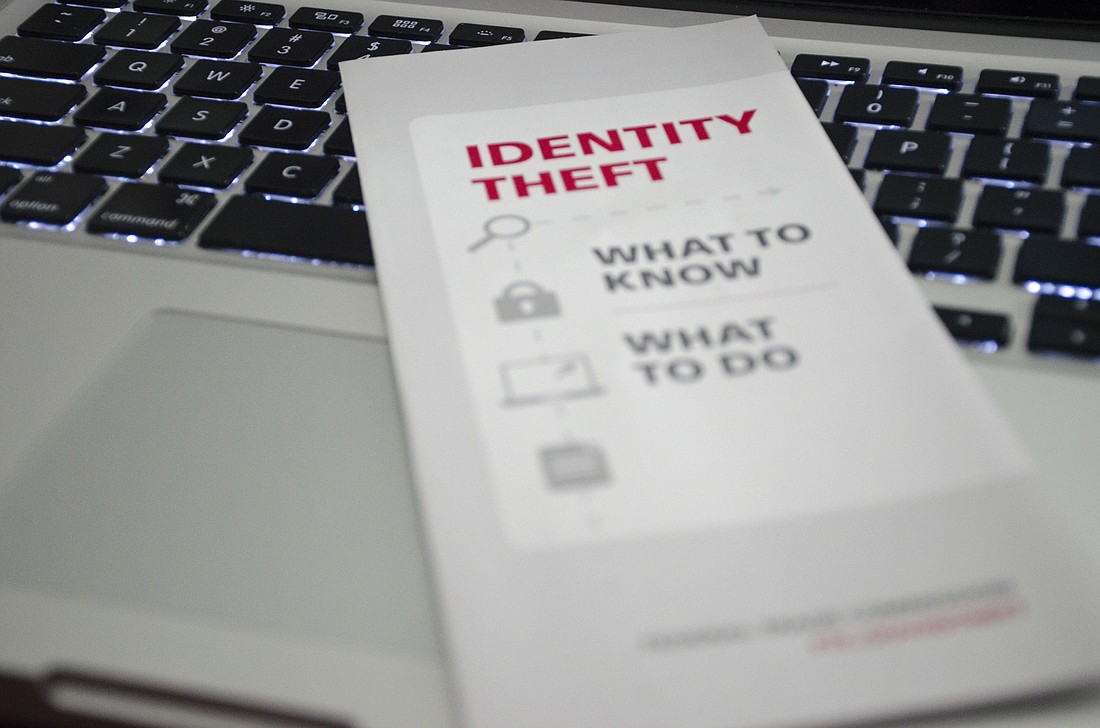- April 17, 2024
-
-
Loading

Loading

Longboat Key was named one of the safest small towns in America last year, but it hasn’t avoided one type of crime police find nearly impossible to thwart.
Dozens of reports of cybercrime — fraud or other criminal activity involving various forms of computer technology — were filed in 2017 with the Longboat Key Police Department.
These crimes range from calls for bail money from someone claiming to be a grandchild to intricate hacking schemes that can drain hundreds of thousands of dollars from bank accounts, according to police reports.
And Longboat residents’ unfamiliarity with technology and inherent trust may make them more vulnerable to such crimes, said Detective Lt. Robert Bourque of the Longboat Key Police Department.
Cybercrime has become more prevalent on the Key in the past few years, Bourque said. It’s one of the fastest-growing criminal enterprises in the world, multiple law enforcement agencies say.
“It’s almost the perfect crime,” Bourque said. “There’s a lot of places to hide in the internet.”
Identity thieves and fraudsters seeking money or personal information often target individuals through phone call scams.
Scammers may gain access to a computer by calling an individual about a virus detected on his or her computer and asking for access to remove it. If allowed in, criminals may access bank information or personal information.
“If a person gets a phone call from somebody who wants access to a computer, the answer is always no,” Bourque said.
They may also call and impersonate a utility contractor or IRS auditor demanding payment, most of which is requested through gift cards, prepaid debit cards or money wiring services like Western Union.
“FPL isn’t calling and asking for gift cards,” Bourque said.
Criminals may send emails disguised as official messages from reputable technology companies, like Microsoft Outlook, requiring an update or download.
The trouble with most of this kind of crime, said Police Chief Pete Cumming, is that there’s not much law enforcement can do once an illegal act of this sort has been committed. About 95% of the department’s efforts when it comes to cybercrime are in prevention, Cumming said.
What makes these offenders difficult to convict is they often don fake identities and use untraceable means of contact from thousands of miles away. Some criminals may even commit these acts from another country, crossing national jurisdictions and making it impossible for even the FBI to seek prosecution.
It’s not uncommon to feel embarrassed or ashamed as a victim of cybercrime, according to Victim Support, a nonprofit organization that supports people affected by crime or traumatic events in the United Kingdom.
“But you’re not to blame — only the offender is responsible for this crime taking place, and you have no need to feel embarrassed or ashamed,” Victim Support wrote on its cybercrime webpage.
Some identity theft may happen without giving anyone personal information: companies and governments can get hacked and criminals may use personal information to set up credit card and bank accounts from around the world. The best way to avoid this kind of crime is by subscribing to a credit monitoring service.
As for other kinds of cyber crime — those in which criminals get information directly from an individual — “If someone is asking you for money in any form, you need to question it, not with the person asking for it but with yourself,” Bourque said.
And if anyone is unsure about whether a phone call or email is legitimate, Bourque said to call the Police Department before giving any personal information. If victimized, residents should always file a report with police.
“We need to know about it,” Bourque said. “[Our investigation] may not lead anywhere, but we always try.”